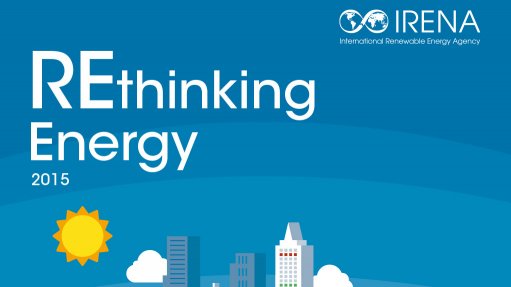
Renewable energy offers an immediate means to decarbonise the global energy mix.
The second edition of REthinking Energy – the flagship report from the International Renewable Energy Agency (IRENA) – looks at how the transition to renewables could help limit global warming. As the report points out, renewable energy is at the core of any strategy for countries to meet climate goals while supporting economic growth, employment and domestic value creation.
Doubling the share of renewables by 2030 could deliver around half of the emissions reductions needed and, in combination with energy efficiency, keep the rise in average global temperatures within 2 degrees Celsius, the widely recognised target to prevent catastrophic climate change.
The share of renewables needs to grow not only in power generation but also in transport, heating and cooling. To avoid a lock-in with unsustainable energy systems, investments must grow immediately and must almost double to USD 500 billion annually between now and 2020, IRENA’s analysis shows.
Five clear actions are needed to support the renewable energy transition:
- Strengthening the policy commitment to renewable energy;
- Mobilising investment in renewable energy;
- Building institutional, technical and human capacity;
- Harnessing the cross-cutting impact of renewables on sustainable development;
- Enhancing regional engagement and international cooperation.
REthinking Energy: Renewable Energy and Climate Change was released in November 2015, ahead of the 21st Conference of Parties (COP21) to the United Nations Framework Convention on Climate Change, held in Paris, France.